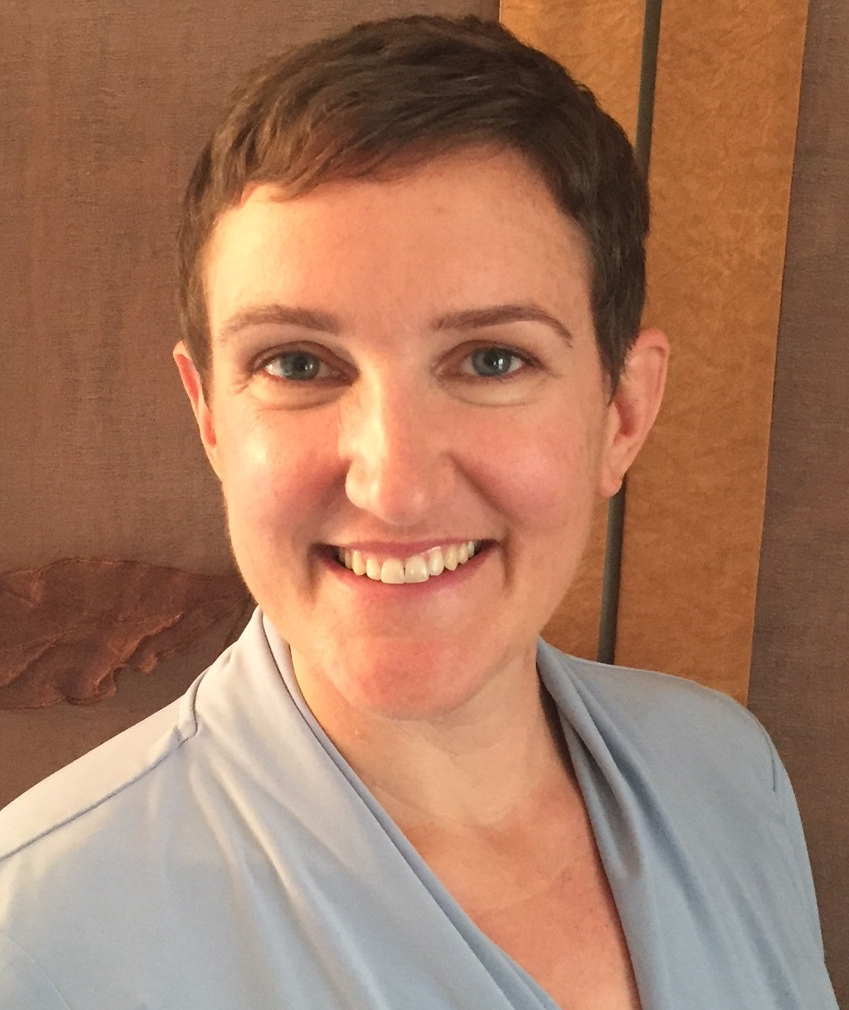M-85. Introduction to Islamicate Manuscripts
Kelly Tuttle
Course Length: 30 hours
Course Week: 6–11 July 2025
Format: in person, Free Library of Philadelphia
Fee: $1,495
Though the arts of the manuscript book constitute one of the most vital forms of artistic creativity and practice within the Islamic world, they have received relatively little attention within the general field of manuscript studies in Europe and America. This course provides an introduction to the history of Islamicate manuscripts and the constituent arts of calligraphy, illumination, illustration, and binding from the origins of Islam in the seventh century through the early modern period (sixteenth and seventeenth centuries), encompassing the full range of historical cultures (Arab, Persian, Turkish, and Indian). Within a chronological framework, course topics include: the codicology of Islamic manuscripts (materials and techniques); issues of text, style, iconography, meaning, and aesthetics; and the human dimension of manuscript production (collaboration between artists of diverse crafts in a workshop setting, the role of patrons in supporting the bookmaking enterprise over the centuries). The course will be taught primarily through the rich collection of Islamicate manuscripts at the Free Library of Philadelphia, with a one-day visit to the University of Pennsylvania manuscript collection.
In their application statements, students should describe the extent of their general background in manuscript studies and give their reasons for wishing to take this course. Some familiarity with Islamic history and culture is desirable, though it is not a course prerequisite.
Click here to view the course description for the virtual version of this course.
Course History
Faculty

Kelly Tuttle
Kelly Tuttle started working with Islamicate manuscripts while completing a doctoral degree at the University of Pennsylvania. Within the field of Islamicate manuscript culture, she is particularly intrigued by information transmission in the premodern world as it appears in commentary and abridgment, and also as it appears in provenance records and notes. She served as the Cataloging Librarian for the Manuscripts of the Muslim World Project, which was a cooperative project funded by the Council on Library and Information Resources to catalog and digitize Islamicate manuscripts from Columbia University, the Free Library of Philadelphia, the University of Pennsylvania, and other Philadelphia-area repositories. Islamic Manuscript Basics is a course and website for beginners that she put together based on the MMW project. Currently, she serves on the editorial board for Manuscript Studies and in her free time, helps librarians and other interested parties figure out which Islamicate manuscripts they have sitting in their uncataloged collections.
